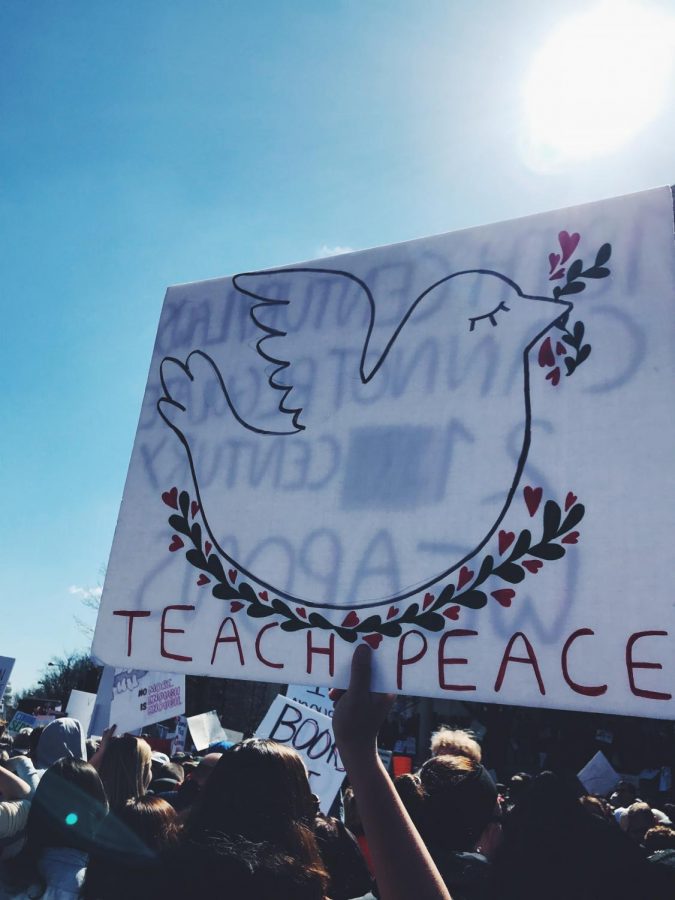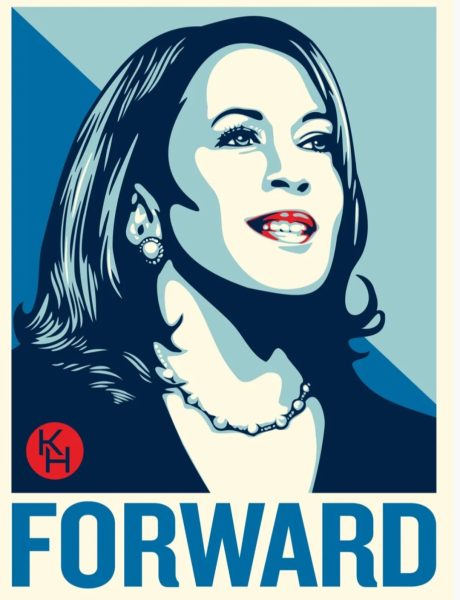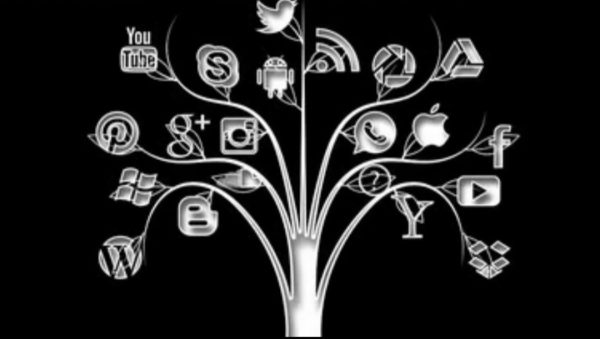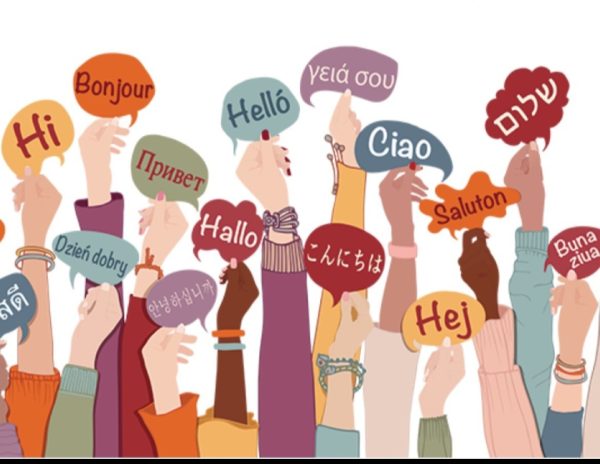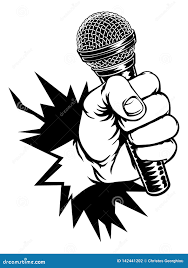Why teens should get involved in politics
Years ago, most high school students were worked up about getting into college. They were stressed about their prom dresses, pimples, and perfect GPA’s.
But ever since the gun reform movement, — largely led by students — kids seem to be worried about a lot more than that. They want to know when they’re going to be safe in their schools. They want to know how they can make a change.
On the opposite side of the awareness spectrum, however, are students who couldn’t care less. They find politics mundane and unnecessary, and constantly are puzzled on not just social issues, but more complicated problems such as politics and healthcare.
These topics, and many more, are all ones that most high school teens don’t know anything about. But they should. For many, high school is the cornerstone of their learning experience before transitioning into adult life – so shouldn’t they learn about how to be an active citizen?
There is a strong distinction between being a citizen of a country and being an active citizen of a country, but for many teens, that distinctive line can often be blurred.
For a significant portion of high school students, they don’t understand democracy – because they don’t have to. It is often preached to teens that their only jobs are to be good students and to fulfill their duties as children before they turn 18 and become “official” adults. As a result of this blissful ignorance, however, they inherit a democratic system that they don’t understand and, when it’s finally time for them to fill out the ballot, consequently vote based solely off of community or family ideology without considering the line of reasoning behind their beliefs.
Conversely, strongly opinionated students seem to be politically aware. But when asked how their opinions translate into policy change, they are dumbfounded.
Political issues are often met with an “I don’t know” or an “I don’t care” response. But that’s just it. Teens should know, and, more importantly, they should care. One day, the government is going to be placed in the hands of young people. And if they don’t know what to do with it, that’s an issue.
As a population, students must realize that their vote often counts more than they think it does, and that all begins with the realization that politics are not as complicated as they are often thought to be.
Following the 2016 election, an interest in politics sparked in the minds of many young people. As social issues took center stage and protests like the Women’s March on Washington gained popularity, high schoolers began to get more and more involved in local, state, and national politics, taking part in discussions about the democratic system. Through these important talks, a substantial amount of teens realized that government is not as convoluted as people often make it out to be.
It is simply the idea that everyone has a set of beliefs, and those beliefs align with a certain party’s ideology, whether that be one of the two major parties or any of the third parties.
However, the argument with many teens is that they don’t know which party their beliefs align with. Essentially, they don’t know what they believe.
And that’s okay. In a time of political turmoil and party uncertainty, it can be confusing for high school students, who are still learning who they are themselves, to condense their views into one party association. But it’s also the very reason why teens should get involved. It’s better to realize what you believe in and understand why you believe in it sooner rather than later, so that by the time that it matters, there’s not a doubt in your mind about whether what you’re doing is right.
So what can teens do to get involved?
Volunteer at a local campaign. Go to rallies and Q&A’s with politicians. Research, research, research. Figure out who you are and what you believe.
When the time comes for you to cast your vote, you won’t regret it.


